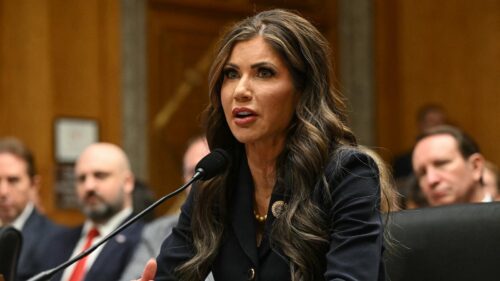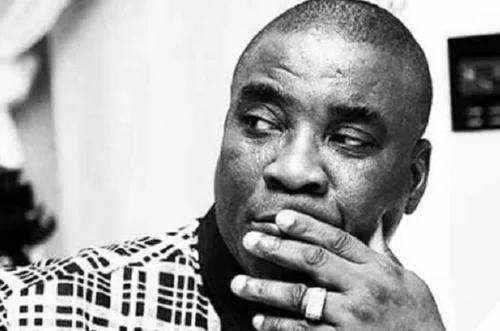BIG STORY
Inflation Not Peculiar To Nigeria, Stop Blaming Buhari — Presidency To Critics

- /home/porsch10/public_html/wp-content/plugins/mvp-social-buttons/mvp-social-buttons.php on line 27
https://porscheclassy.com/wp-content/uploads/2023/05/Buhari-at-national-award-e1684311452343.jpg&description=Inflation Not Peculiar To Nigeria, Stop Blaming Buhari — Presidency To Critics', 'pinterestShare', 'width=750,height=350'); return false;" title="Pin This Post">
- Share
- Tweet /home/porsch10/public_html/wp-content/plugins/mvp-social-buttons/mvp-social-buttons.php on line 69
https://porscheclassy.com/wp-content/uploads/2023/05/Buhari-at-national-award-e1684311452343.jpg&description=Inflation Not Peculiar To Nigeria, Stop Blaming Buhari — Presidency To Critics', 'pinterestShare', 'width=750,height=350'); return false;" title="Pin This Post">
-
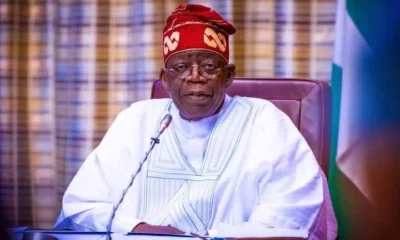
 BIG STORY4 days ago
BIG STORY4 days agoTinubu To Govs: Obey Verdict On Local Government Autonomy, Brace Up For The Implementation Of State Police
-

 BIG STORY2 days ago
BIG STORY2 days agoPolice Arrest 26-Year-Old Housewife For Faking Own Kidnap, Collects N2.5m Ransom From Husband In Lagos
-
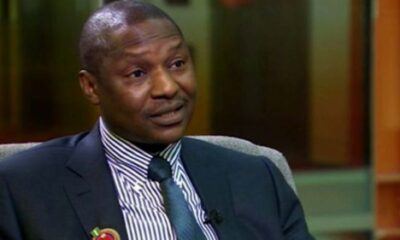
 BIG STORY4 days ago
BIG STORY4 days agoCourt Okays Ex-AGF Abubakar Malami’s Further Detention By EFCC
-
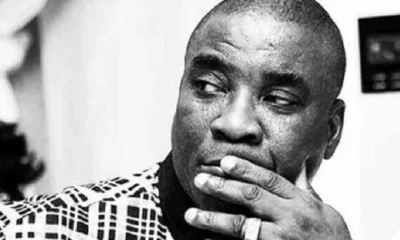
 BIG STORY7 hours ago
BIG STORY7 hours agoKWAM1 Loses Bid To Block Awujale Selection Process
-

 BIG STORY23 hours ago
BIG STORY23 hours agoOnly Oyo Throne Can Confer Yorubaland Titles —– Alaafin
-
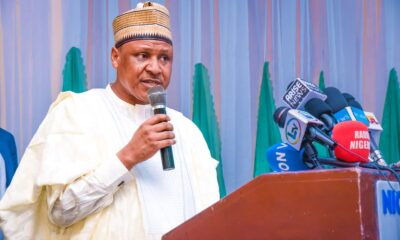
 BIG STORY22 hours ago
BIG STORY22 hours agoFG Officially Declares Kidnappers, Bandits As Terrorists
-

 NEWS24 hours ago
NEWS24 hours agoNigerians Are Not Having It: PayPal’s Quiet Comeback Bid Meets Fierce Resistance
-

 BIG STORY7 hours ago
BIG STORY7 hours agoVisas Issued Before January 1, 2026, Remain Valid… US Assures Nigerians After Travel Restrictions




















